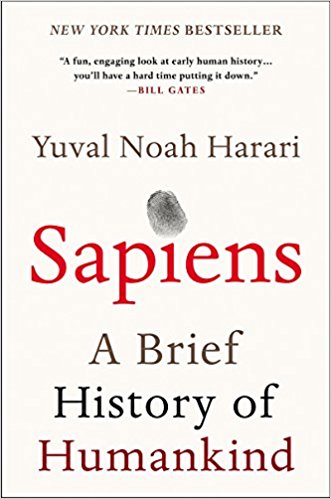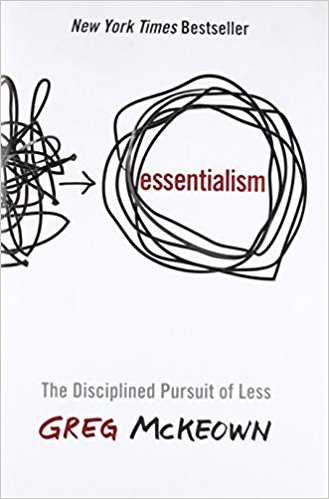 After a ten-year career in the NFL playing for the Kansas City Chiefs, Jon McGraw realized he had become so achievement-oriented that it kept him from being truly present. This led to his study of mindfulness. Today, his core mission is to help others take back control of their life experience and relieve suffering. He talks with Jim and Jan about lessons in leadership he learned while in the NFL, and the mental skills necessary for peak performance.
After a ten-year career in the NFL playing for the Kansas City Chiefs, Jon McGraw realized he had become so achievement-oriented that it kept him from being truly present. This led to his study of mindfulness. Today, his core mission is to help others take back control of their life experience and relieve suffering. He talks with Jim and Jan about lessons in leadership he learned while in the NFL, and the mental skills necessary for peak performance.
Key Takeaways
[4:41] Our society and culture doesn’t teach mindfulness and attention training in our early years, so it is expected that we would shift to a mindset based on achievement, ruminating about the past and anticipating the future.
[10:30] Jon defines mindfulness as the practice of paying attention to the experience of the moment without judgement or expectation.
[11:44] Mindfulness helps us clearly define the vision, then create processes and daily tasks to keep us in alignment that everyone from management down can follow. This builds trust in the mission and the individuals behind it.
[12:40] One of the biggest challenges in leadership roles currently is the inability to have difficult conversations. Candid and constructive conversations are necessary for gathering feedback and putting it into context with organizational goals.
[13:40] The mindfulness skill allows a leader to be present with their employees, to be a deep listener and a way to meet someone where they are at.
[15:28] The primary role of a leader is to protect and connect the team, set expectations and connect with their team.
[16:48] Mindfulness takes the “me” thinking out of the individual, and instead focuses on the needs of the organization.
[21:39] Jon is proud of the results that participants get from his training program when they apply his methods consistently and diligently. Even when nothing external or situational changes, the way their brain processes the life situation is completely different. The training of mindfulness can be applied to those at different levels of career experience and position.
[22:13] Most of us think the life experience we desire happens when our external world matches what we want. However, this is not the case, and when we start from where we are realistically and apply ourselves from there, big shifts can happen.
[33:35] Leadership is someone’s capacity to step outside themselves and connect with others to put the team first. You still honor your personal ambition and goals, but they come second to the needs of the team.
[35:03] A good team captain models consistent character and performance.
[38:03] One of the core principles that changed Jon’s experience was performance psychology, and he is very passionate on using mental skills training to help as many people as he can with their inner and outer experience.
How to contact Jon:
Additional Mentions:
- Anticipating the future comes at the expense of life itself.
- “Judgement and expectation can cloud our perspective.”
- Most leaders are too transactional.
- “Mindfulness is the opposite of me thinking.”
- “Commit fully to wherever you’re at.”
- “If we can train ourselves to develop the mental skills to create the life we want right now, we become a very powerful person.”

These are the books referenced in Jon’s podcast





Recent Comments